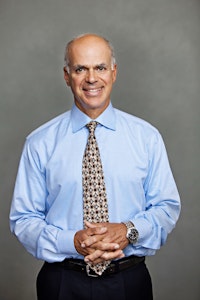Egg Regeneration - Is It Possible?
Infertility caused by reduced numbers and quality of oocytes is very common and often quite difficult to treat successfully. It is well recognized that fertility declines as women age with substantial reductions occurring in the late thirties and forties. Data gathered from our experience with egg donation success rates has strongly supported the concept the reason for the reduction in fertility with aging is an egg factor, since the use of eggs from healthy, young, fertile donors results in very high pregnancy rates. Efforts to overcome age related reduced fertility, including controlled ovarian stimulation coupled with intrauterine insemination as well as standard in-vitro fertilization, have been disappointing. The ideal treatment for these patients would allow them to retain their genetic contribution to the conceptus (rather than using donor eggs) through the use of their own regenerated eggs. These eggs would presumably not be adversely affected by the aging process and would behave more like the eggs of younger women.
The long held belief held by reproductive scientists has been that a woman is born with the total number of eggs that she will have in her lifetime, and that as she progresses through the reproductive years, that number is being reduced on a monthly basis. Until recently, there has been no evidence to support the idea that the ovary could regenerate additional eggs. A recent study calls into question this concept. Researchers are confident that they have identified “stem” cells within the ovaries of reproductive aged women, which are capable of maturing into healthy eggs. The study involved the use of sophisticated staining techniques to prove the existence and later development of these stem cells into mature eggs. This finding shakes all of the long held beliefs that new egg cells are not generated during a woman’s lifetime, and opens up the possibility that in the future we may be able to do an ovarian biopsy, isolate and extract the stem cells, grow them in culture, and then return them to a woman’s ovary to undergo in-vivo maturation. While clinical application of this technology will require years of carefully designed studies, ovarian “stem cell transplant” could potentially be the answer for age related infertility.


